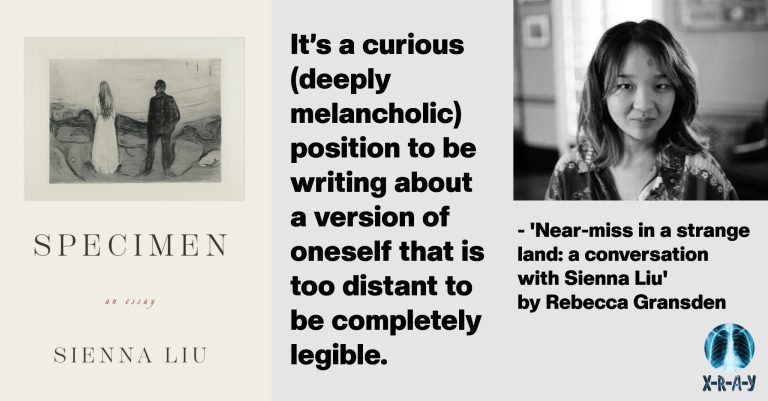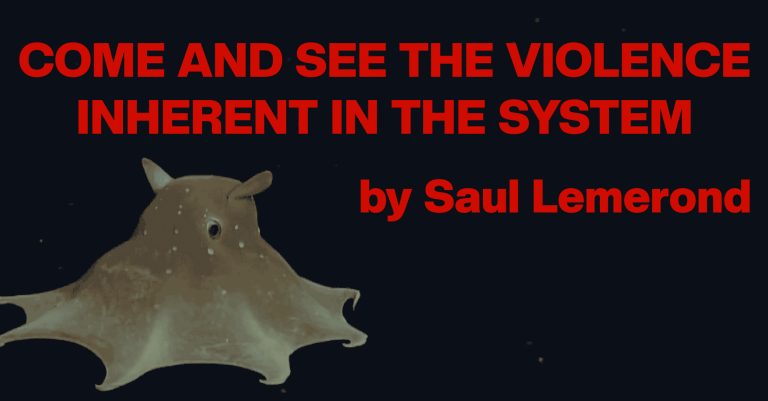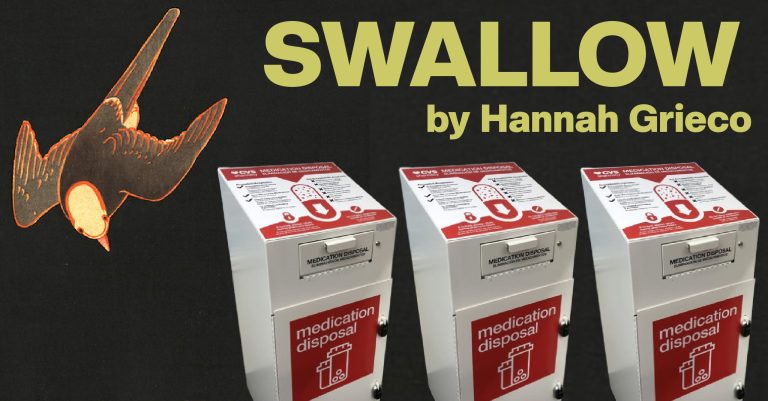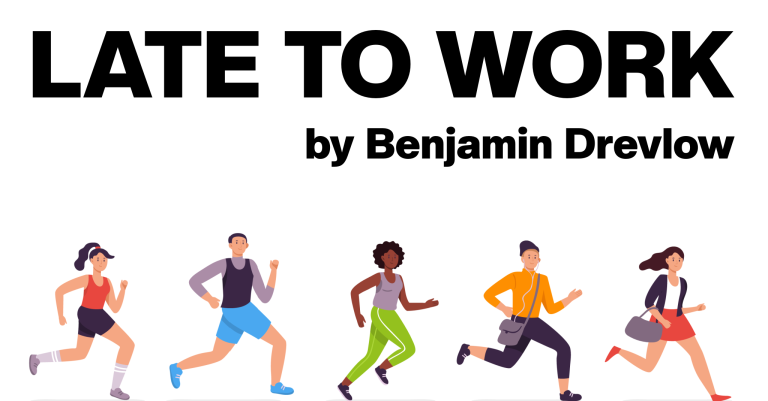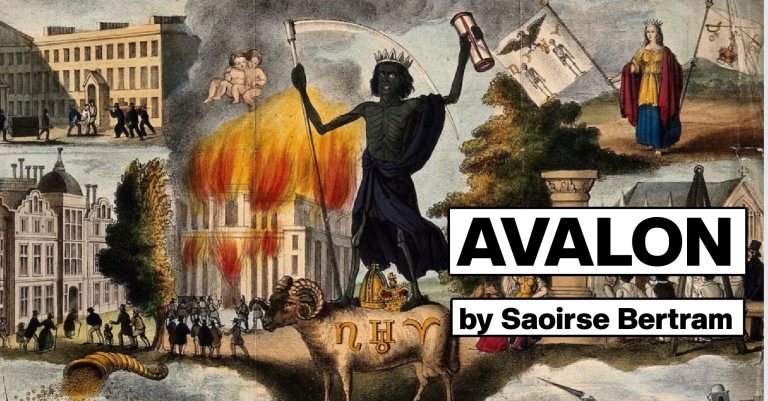
AVALON by Saoirse Bertram
On the Fourth of July the grandmother took Vase to the top of the warehouse where a rickety carriage of iron stairs led to the roof. The sky was as orange as a snake’s belly and smelled of powder and dust and oil. They sat without speaking watching the brilliant detonations which Vase had never seen before just as she had never seen the full horizon of sky over Los Angeles and when the grandmother felt tired Vase was sorry to have to leave the sight so soon. Vase had only been with the grandmother for a couple months at

